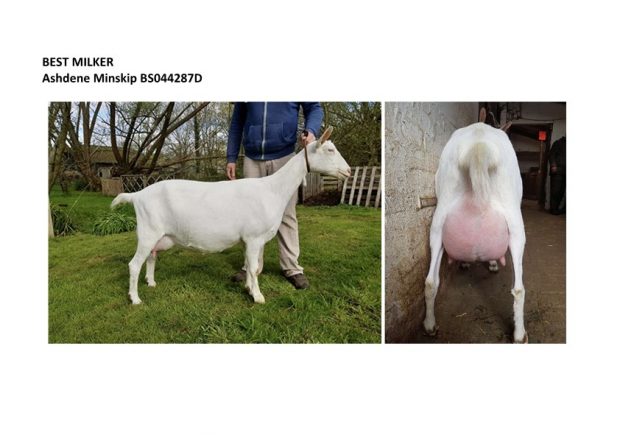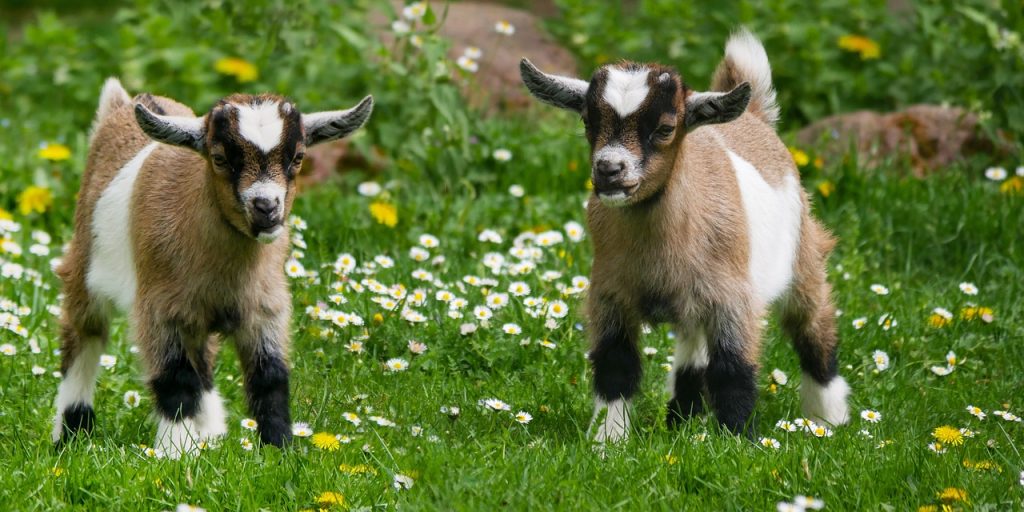Health Canada will say that goat milk is too high in protein and minerals. The science for this statement comes from the UN.[11] It suggests that the renal solute load from the protein and minerals can place too much strain on immature kidneys.[11]
The UN text book [11] states that the kidneys are immature a birth. I will challenge this statement. When blood starts to move, it will need to be cleaned. When infants are born, their kidneys have been functioning for months, producing 500 mls of urine per day. The functioning unit is the nephron, a complex tube. [12]There are 1,000,000 in each kidney. They start growing about 5 weeks of age and growth is completed at 36 weeks. The number of nephrons stops and no more new nephrons will grow. There is 40 weeks in a pregnancy, so there is a month of complete kidney use before birth. Term infants do not have immature kidneys.
The national kidney federation [UK] states that the humans can survive with one kidney. Extra capacity has been built in.
If they were immature, there would be sickness and death. Over time, these flaws would disappear because they caused death. All organs are ready to go after birth, most have been functioning for months.
This UN statement says “can.” There are no references given for this statement. It does not state when “can” can happen, or does not happen. Can is not a very positive statement, not far from “might”. Can is a word that involves conjecture, like looking at some concepts and concluding that such and such can happen, or should happen. Good science generally involves dealing with the real world.
This article [13] mentions large differences in the solute levels of blood. When food is consumed, when high activity levels happen or an environmental strain raises the levels of solutes, kidneys straighten our these fluctuations easily. Yellow urine is evidence of dehydration.
This study states that the renal solute load of cow’s milk when its fed, is twice that of breastmilk. [14] Problems are not presented, because kidneys can handle the higher solute load. [15] This is the situation of the kidney. On a daily basis kidneys may have to deal with thirst, excess water, meals, heat, colic[exercise], sickness[fever] or other stresses. [16] If the kidneys failed, it could mean death. Death means the end of the genes that made those kidneys. As before, evolution remembers the beneficial and forgets the failures. Kidneys are great, they have two different membranes, that do different things.
When kidneys are donated, the receiver of the kidney experiences great benefits. The new kidney has been reported to produce 10 liters of urine in its first day. That is capacity, one kidney. Performance under pressure. My father had a kidney problem, when it got straightened out, he said he pissed 5 gallons. The donor of the kidney experiences a period of adjustment, then one kidney will do the work of two. A problem is a problem only if it is a problem. Goat milk and breastmilk have similar water to energy ratios. Hunger decides how much water is consumed.
This study [17] [Ziegler] states, when the infant is not consuming liquid or other water, or water losses occurring due to diarrhea or sweating or breathing or other events, then the renal concentrating ability of the kidneys may fail to maintain water balance in the blood. So only when dehydrating events occur, that problems occur. Normally it’s not a problem. Goat milk fed kidneys do the job of maintaining water levels in the blood. All forms of infant feeding will have to add water when dehydrating events occur.
If a comparison is made between the problems of infant feeding quoted at the beginning of these documents, and with the possible problems with goat milk feeding, then goat milk wins this comparison. The kidneys that are made by formulas will be inferior to kidneys that are built by goat milk. The better built kidneys and other better built organs will mean that there is less disease in infants.
The UN has an extensive list of the drawbacks of infant formulas. It also documents the many benefits of breastmilk. Goat milk is dismissed with a “can.”



